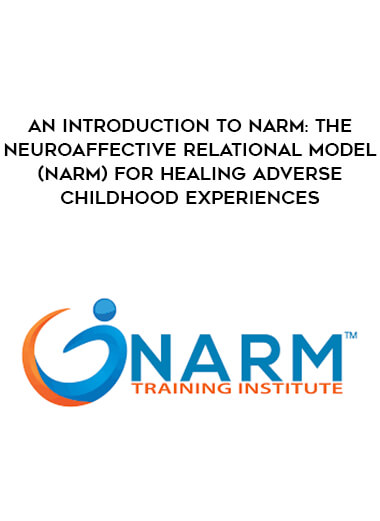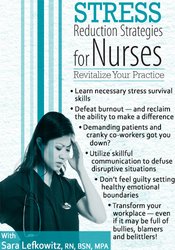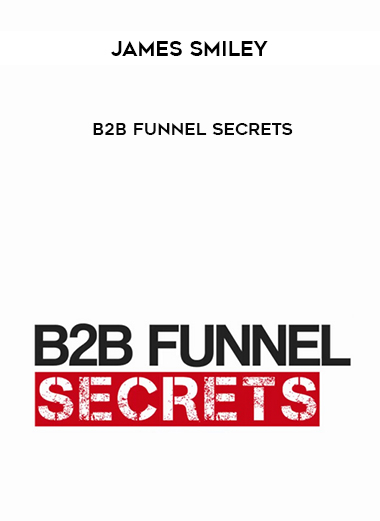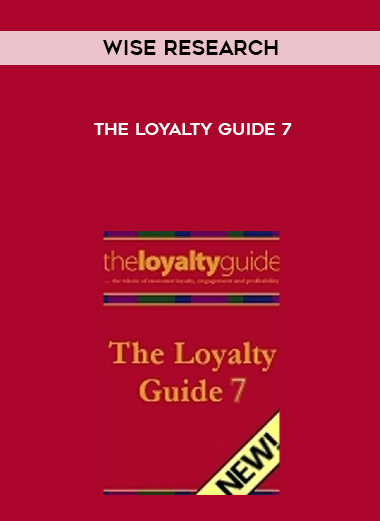An Introduction to NARM: The NeuroAffective Relational Model (NARM) for Healing Adverse Childhood Experiences
Faculty:
Brad Kammer, LMFT, LPCC
Duration:
1 Hour 31 Minutes
Format:
Audio and Video
Copyright:
Jun 03, 2021
Product Code:
POS058305
Media Type:
Digital Seminar
In this seminar, you will be introduced to the NeuroAffective Relational Model (NARM), a specialized clinical approach for mental health professionals who work with the long-term impacts of Adverse Childhood Experiences (ACEs) and Complex Trauma (C-PTSD).
NARM is a cutting-edge model for addressing relational, developmental trauma, cultural and intergenerational trauma, by working with the disorganized attachment patterns that cause psychobiological symptoms and interpersonal difficulties. These early, unconscious patterns of disconnection – what NARM refers to as Adaptive Survival Styles – deeply affect our identity, emotions, physiology, behavior and relationships. Working directly with the deeply embedded neurobiological patterns of shame, self-hatred and self-sabotage, NARM provides a powerful framework for addressing the life-long impact of ACEs and C-PTSD and promoting trauma-informed care.
This developmentally-oriented, neuroscientifically-informed model, as outlined in Dr. Laurence Heller’s book Healing Developmental Trauma, bridges traditional psychotherapy with somatic approaches within a context of relational practice. NARM is a mindfulness-based clinical treatment, as its method is grounded in a phenomenological approach to addressing identity and consciousness of the Self – who we truly are beneath these patterned ways of relating to ourselves and the world. Seen in this way, the NARM approach to healing complex trauma can be used as a vehicle for personal and collective transformation.
Brad Kammer, LMFT LPCC, is a California Licensed Marriage & Family Therapist and Professional Clinical Counselor. Brad is trained as a Somatic Psychotherapist and has studied specifically in the field of trauma for over 20 years. He has specialized in working with both PTSD and C-PTSD, more recently helping promote the importance of understanding how to work with Complex Trauma (C-PTSD), including attachment, developmental, relational, cultural and intergenerational trauma.
Brad began his career as a Humanitarian Aid Worker in Asia, which introduced him to personal and collective trauma. He became passionate about supporting individuals and communities in the transformation of trauma. Brad has since focused his work on the integration of Somatic Psychology, Interpersonal Neurobiology, and wisdom from Spiritual Traditions and Traditional Cultures.
Brad is passionate about bringing trauma-informed work to individuals and communities outside the clinical setting. For nearly 20 years, Brad has taught as a college professor at both undergraduate and graduate levels. He has been involved in community education, outreach and consulting to numerous communities and organizations. And more recently, he began producing a podcast, entitled Transforming Trauma, to help bring a greater understanding of trauma healing into the world.
Brad is a practitioner and trainer for 2 therapeutic approaches for addressing trauma: Somatic Experiencing® (SE®) and the NeuroAffective Relational Model® (NARM®). For over two decades, Brad has studied under and taught with his mentor, Dr. Laurence Heller, the creator of NARM. Brad is a NARM Master Therapist, Consultant, and Senior Trainer, as well as NARM Training Institute Training Director. He teaches on NARM and SE internationally and has provided consultation to thousands of SE and NARM students around the world.
Brad lives in a small town in Northern California with his family where he enjoys anything involving nature, travel, food, and learning about and connecting with new people.
Speaker Disclosures:
Financial: Brad Kammer is the co-owner, training director and senior faculty of NARM Training Institute. He is an adjunct assistant professor at Mendocino College.
Non-financial: Brad Kammer has no relevant non-financial relationship to disclose.





 Salepage :
Salepage : 

























Reviews
There are no reviews yet.